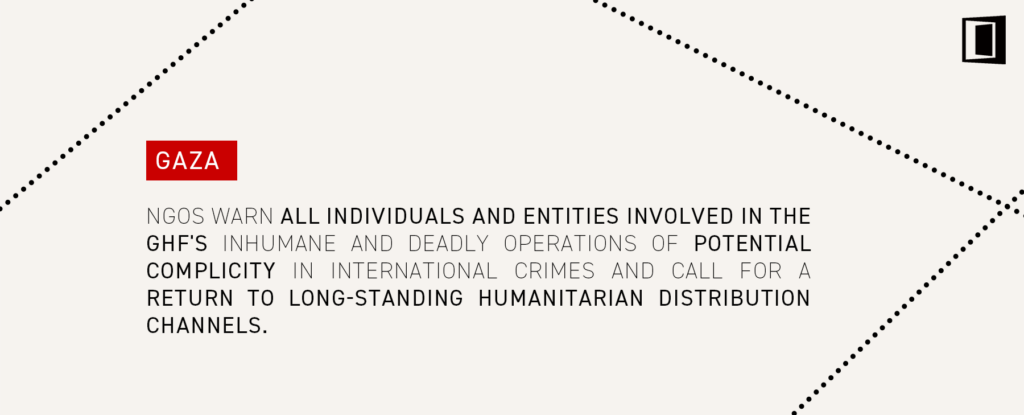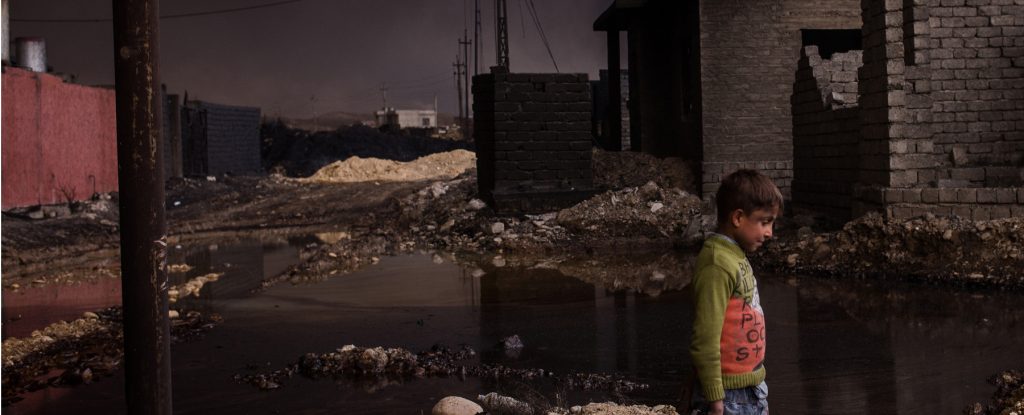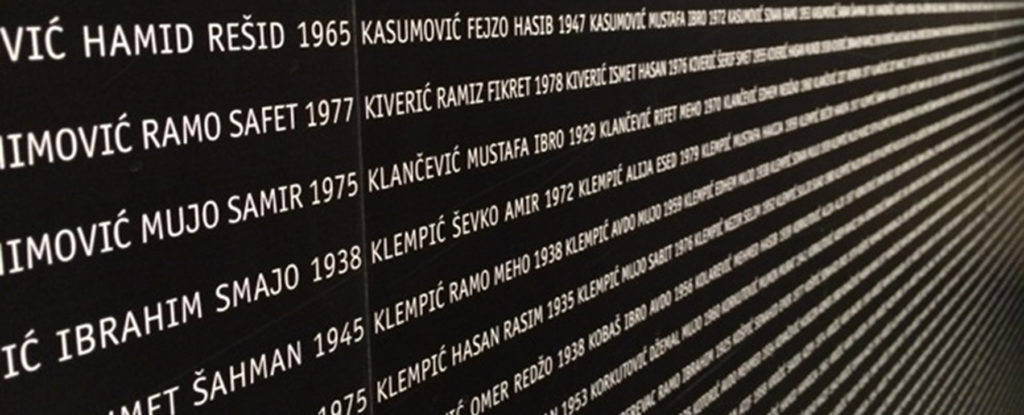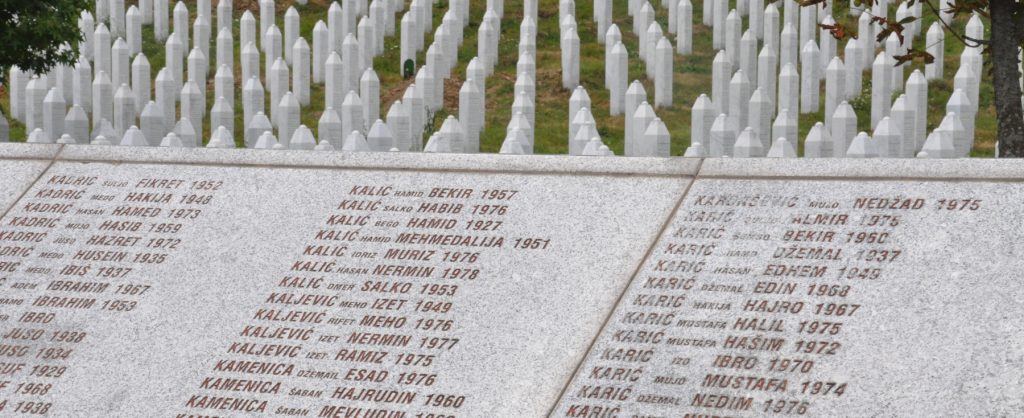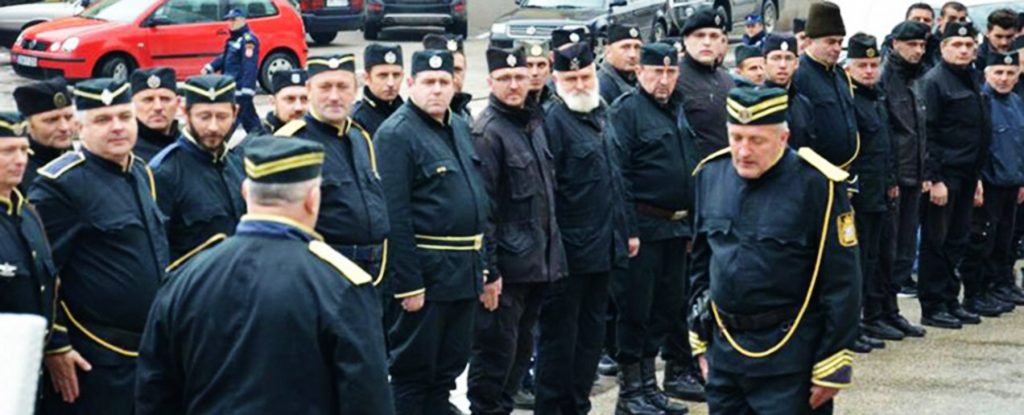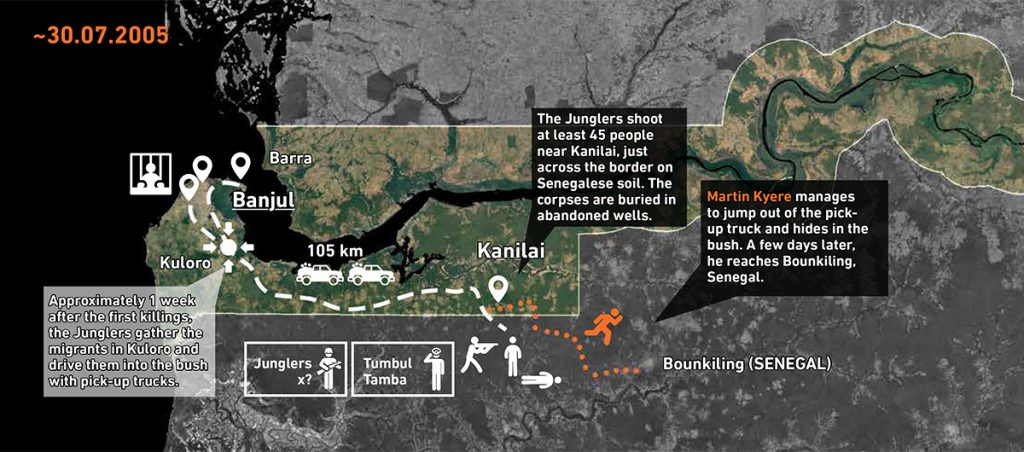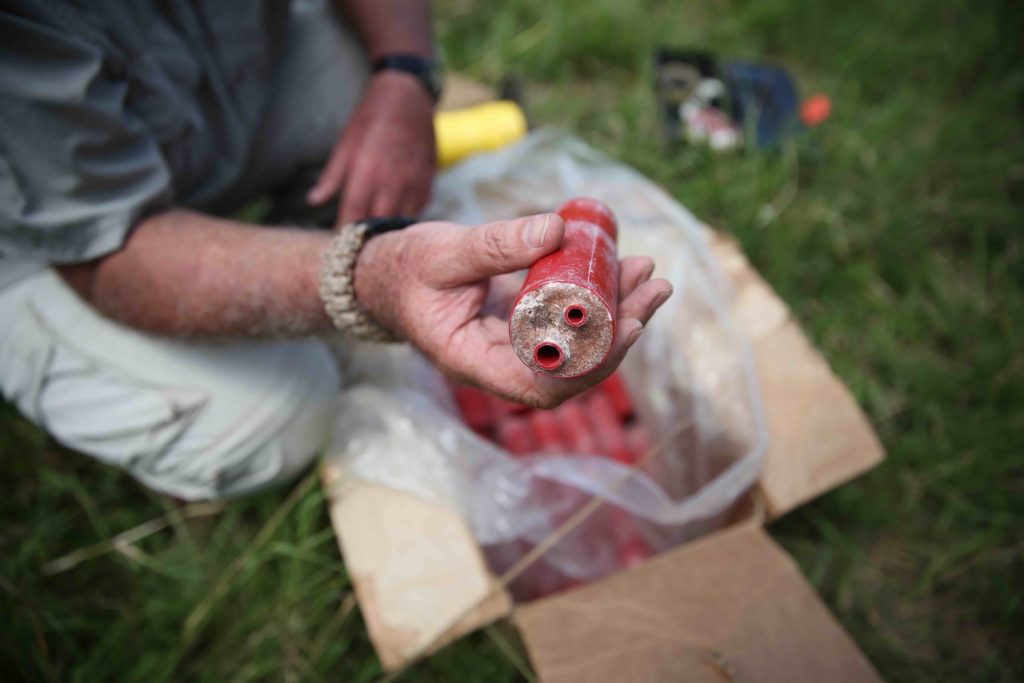Thirtieth anniversary of the genocide in Srebrenica: survivors are still searching for justice
TRIAL International’s Office in Bosnia and Herzegovina has been working on the improvement of the status of survivors of war crimes for 15 years by providing them with free legal aid before domestic and international bodies and mechanisms for the protection of human rights, and advocating legislative changes aimed at establishing justice for survivors of war crimes. Even though the war in Bosnia and Herzegovina ended exactly 30 years ago, all war crimes are still not prosecuted before the judiciary, and the perpetrators are inaccessible to the judicial authorities because they live outside Bosnia and Herzegovina.
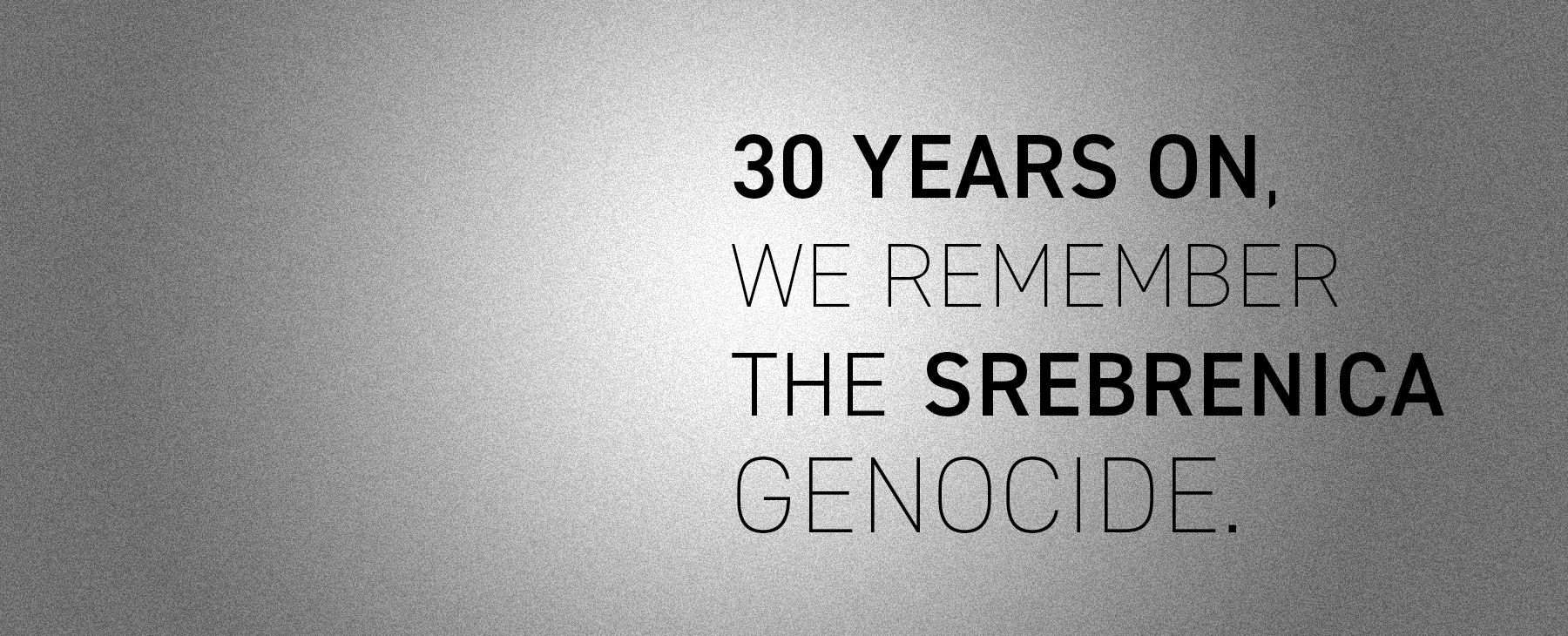
In other cases, those who have served a prison sentence, after they served it, they have been welcomed as heroes in their local communities which creates an atmosphere of division, denial and glorification. The genocide in Srebrenica is one of the most serious war crimes committed in the 20th century and the spread of culture of remembrance and memorialization is the task of institutions, the survivors associations and future generations.
“Thirty years after the genocide in Srebrenica, the pain and struggle of the survivors have not stopped. Although international justice has made significant steps, many responsible are still avoiding facing the judicial institutions, while the survivors are waiting for the truth and recognition. As a society, we must not allow denial and impunity to become the norm. TRIAL International remains committed to fighting for justice, supporting survivors and preserving the culture of remembrance — because only the truth can be the foundation of lasting peace and dignity”, said the Head of Program at TRIAL International Office in BiH, Klaudia Kuljuh.
Kada Hotić, the vice-president of the Association of the Movement of Mothers of the Srebrenica and Žepa enclaves and a survivor of the genocide in Srebrenica pointed out that there is still a need for finding mass graves.
“There are fewer and fewer people who know about the tombs, some are still silent, and those who are committed genocide, they deny it. They should stop denying and accept the truth. The truth is the cure for everything. The commemoration serves to remember the murdered, to remember the suffering, to return to normal life”, said the mother of Srebrenica Kada, while sending a message to young people that this should be a lesson for them to never allow themselves to be divided.
Nura Begović, the president of the Association of Women of Srebrenica from Tuzla and survivor of the genocide in Srebrenica said that she feels sadness and pain before the commemoration of the 30th anniversary of the genocide in Srebrenica.
“What hurts us the most is that 150 bodies have been identified, but the families are not accepting their exhumation due to the small number of remains. We have sent an appeal to the families, it would be good if they accepted it so that those bones can be found. I found one bone from my brother and it means a lot to me, but now the re-exhumations are also happening. We will not let them be forgotten, we demand that all the missing be found and identified, and those who have not given blood samples for their loved ones, it would be good if they did so,” said Nura, adding that there are many mothers who have not waited to find their sons to bury them.
As Nura stated, verdicts for genocide denial are being delayed, and a lot also depends on politicians who create an atmosphere of unrest. However, she said that the law that punishes genocide denial exists and that this is progress. Saliha Đuderija from the Institute for Missing Persons states that in Bosnia and Herzegovina after the war, they are still actively searching for more than 7,000 people, but almost 80 percent of the total number have been found missing so far, which is a unique case in the world.
“The Missing Persons Institute of Bosnia and Herzegovina is working intensively to find all the missing persons in our country, despite the difficult circumstances in which it operates and the fact that it is increasingly difficult to obtain accurate and relevant information about the locations of the remains of victims. So far, the remains of more than 25,500 victims have been found, exhumed, identified and handed over to their families. Families of missing persons play a very important role in the process of searching for missing persons, which is actually the backbone and which does not allow this process to slow down and which is actually a motivation at all times for all of us who are involved in the process of searching for missing persons,” said Đuderija.
In 2021, the TRIAL International Office in BiH signed a memorandum with the Srebrenica Memorial Center with the common goal of improving the process of transitional justice.
As stated by the spokeswoman of MC Srebrenica, Almasa Salihović, the culture of remembrance of the genocide in Srebrenica is based on “facts and testimonies of survivors and it is crucial for the preservation of the historical truth about the genocide in Srebrenica and for construction of a society that faces the past and does not run away from it”.
Explaining the legacy and future of MC Srebrenica’s work, Salihović pointed out that the center of their work are the survivors, their stories, suffering and strength to bear witness and persevere.
“The Srebrenica Memorial Center as an institution will remain committed to its mission, to preserve the memory of the murdered victims, to educate the youth and to be a space where commemoration and learning meet with hope for a more just future. In a time of genocide denial and revisionism, our response must be clear and decisive, and that is that the truth must not and will not be forgotten,” said Salihović.
Hasan Nuhanović, author of several autobiographical books and a survivor of the Srebrenica genocide, states that even 30 years after July 1995, “the pain and memories do not subside or fade.”
“When it comes to criminal justice, which is the core mission of Trial International, survivors are aware that a significant number of individuals responsible for genocide, crimes against humanity and other war crimes have been prosecuted, that the judicially established truth has been recorded and can never be disputed. Survivors participate in the process of achieving criminal justice both as those whose voices warn that this process must continue, and as witnesses in criminal prosecutions. This is a heavy burden that survivors have been carrying for three decades,” said Nuhanović, who believes that despite historical revisionism, glorifying convicted war criminals, survivors do not lose hope that new generations in the country and the region will grow up in an environment that respects the dignity of victims.

